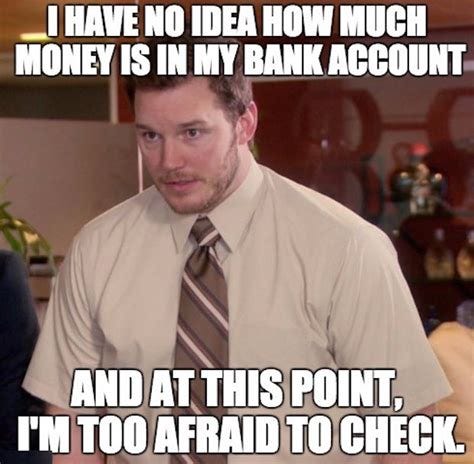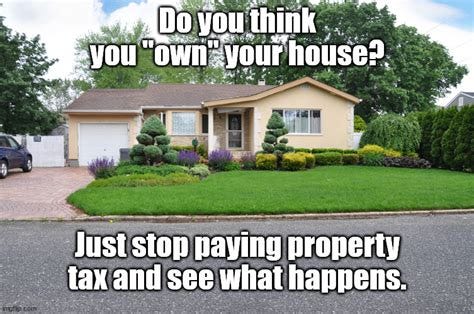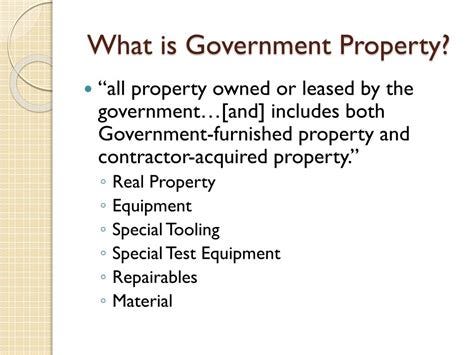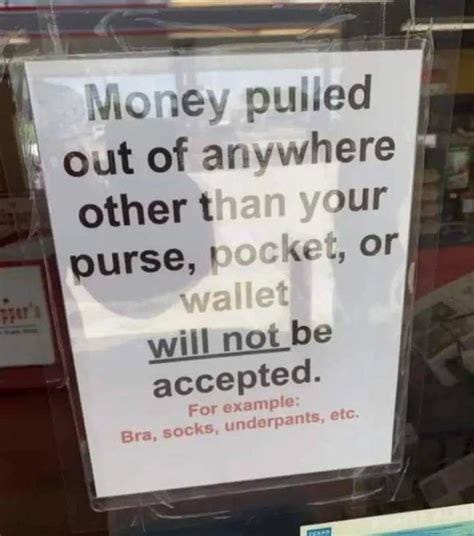Notice your financial insecurity
As I mentioned it several times, since around 1994, your bank deposits have been unsecured loans to your bank1. You are allowed to collect an interest in return, which of course, fades next to credit card interest rates or even the Prime Rate, but you have no way to protest. The following article clarifies it a bit further, regarding the ways you can lose your money in the bank (apart from your account being frozen by the “authorities,” as it happened to the supporters of the Canadian truckers and a German journalist):
https://lp.allegiancegold.com/2022-bank/
It is short, so here it is, directly quoted:
You must understand the relationship you have with your bank in order to protect your assets.
What is a “bail-in”? How can a “bail-in” affect your rights as a depositor?
A legal fact is that the money you have deposited into your bank is a loan you have made to your bank, for which you earn interest. The bank takes your money and loans it to others, and makes money based upon the differential in interest rates as well as fees. If the bank is on shaky financial ground and your money is sitting in bad loans, this ultimately becomes the problem of the creditor, i.e. you, the individual. Shockingly, the percentage of the public that truly understands this legal reality is still relatively insignificant.
So what is a “bail-in”? And how does it affect your rights as a depositor?
A “bail-in” is another form where banks and financial institutions are rescued where the responsibility is transferred from taxpayers (in the case of a bail-out) to depositors, which is you in this case. It was first introduced in 2010 via an executive bill signed by President Obama as a direct result of “bailing out” the 2008 “Too Big To Fail” banks and financial institutions.
In other words, “bail-in” will not add to the government’s deficit and it will allow banks and financial institutions at risk of failing to take some of your deposits to bail themselves out.
So will a “bail-in” likely happen? With our economy heading towards a possible recession, inflation at an all-time high and the housing market in a bubble, uncertainties are looming over the head of Americans.
Will banks be able to willingly hold your money if another 2008 scenario crash to take place? Well, in addition to what happened in the recent years in Canada, Greece, Cyprus and Venezuela suggest that it's likely possible. In fact, Lebanese banks have seized millions of accounts for the past two years where the depositors are on a financial lockdown.
The following link provides some detailed information regarding your bank’s standing.
Ratings (you just punch in your state and the name of your bank to get a “star” rating):
https://www.bauerfinancial.com/star-ratings/
Reviews:
https://www.depositaccounts.com/banks/reviews.aspx
Of course, nothing on the internet is ever totally reliable. Credit unions are more open to share their portfolios with you, but even that secures nothing; lighting can strike anytime, especially if the controlled demolition of the USD is boosted by some “unexpected developments,” which can be expected anytime, because the people will have to BEG for the introduction of the CBDC after the shortages, lootings, and riots.
Of course, your “assets” are not really yours; they have never been; not even your house:
Do You Think You Own Your Home?
There is not a single state in the US without property taxes. Certain minor exceptions are allowed in a few states, but that sort of thing remains inconsequential:
Instead, you are the property of a government that is owned and controlled by the globalist cabal:
It all ends before physical money is not accepted:
How do deepfakes fit into the picture?
Previously, I also warned my readers that deepfakes are ready to take over the roles of real persons (“authentication” by facial recognition, anyone?):
https://rayhorvaththesource.substack.com/p/people-are-openly-being-openly-replaced
This time, the fraudsters are also ready to act, diversifying the threat. As usual, they are most likely the same people who are creating the mess (“Ordo ab chao” for the imprisoned mind):
The article prudently warns of the “fraud economy,” which adds to the fun, once one realizes that the whole US economy has been a fraud since the Federal Reserve Act of 1913, especially after the USD became fiat in 1971:
However, the threat is real, and is most likely conducted by insiders; after all, you are soon supposed to own nothing. Here is a relevant quote from the Biometricupdate piece:
In May this year, the firm targeted in a deepfake video scam that led to the loss of $25 million was identified as UK-based engineering collective Arup. The incident, which occurred at Arup’s Hong Kong offices, involved a fake message from the company’s CFO, followed by a video conference where digitally cloned deepfake avatars of the CFO and other executives were used.
I also wondered about what was real here:
https://rayhorvaththesource.substack.com/p/is-everything-fake
For comic relief, here is my first note on what is real:
Welcome to The Fake World, Neo!
Where is the crown with the Coh-i-noor diamond? Just curious. Oops! Wrong image! Next!
Commercial and investment banking were no longer separated, and the Glass-Steagall Act of 1933 was abolished.










In the European Union each deposit bank account has protection of 100k.
What you own is what you have in your posession-- as long as it free and clear (no loans, mortgages, liens). The green stuff you have in your pocket is not real money issued by the US Treasury. It is an I.O.U., promissory note, printed by the unconstitutional Federal Reserve (the US central banker). The stocks you own are just a book entry that are not registered in your name. Only if you have physical possession of original stock certificates do you actually own stock. See "The Great Taking", available for free on the internet. It is strongly advised that you read and comprehend this short book. Understanding the fiscal condition of this country, it is a common sense move to buy a good safe, convert whatever you can to commodities like gold and silver (or other needed items that can be bartered-- traded as payment-- such as ammunition). Remember, straight from the horse's mouth (WEF): "You will own nothing, and be happy." The first part of the quote is truth, the second part, not so much. Fore warned is fore armed.